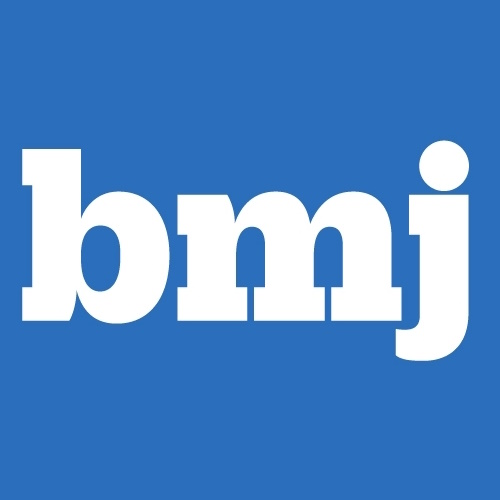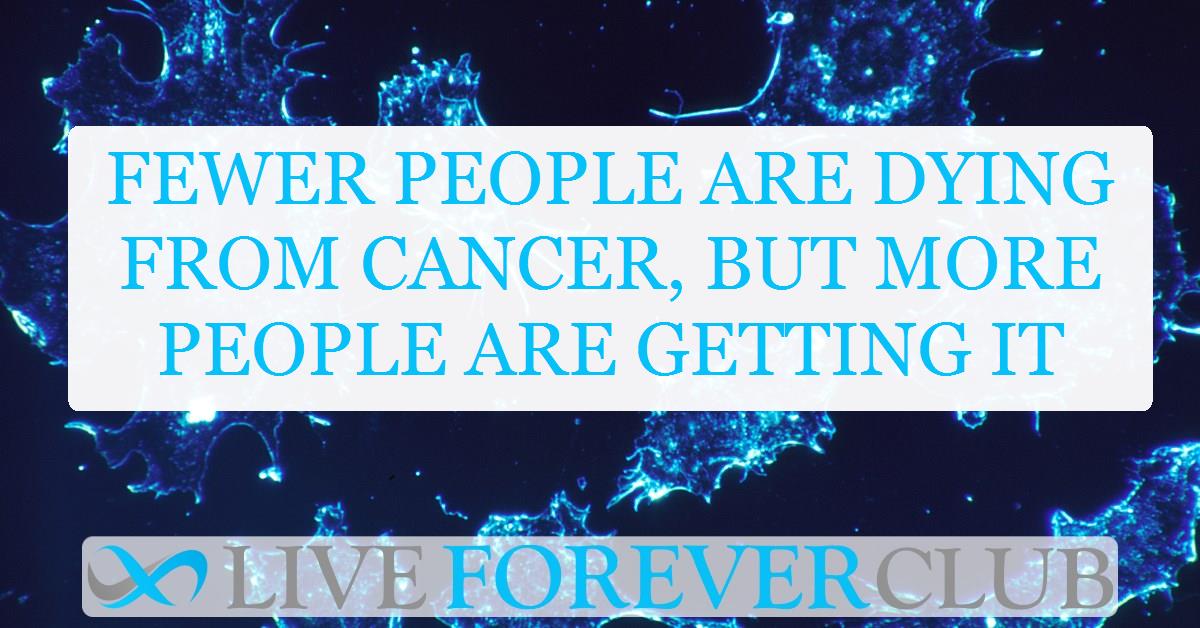Key points from article :
A recent study by Cancer Research UK reveals that cancer death rates among middle-aged individuals in the UK have fallen significantly over the past 25 years. However, the number of new cancer cases continues to rise, primarily due to lifestyle factors such as obesity, alcohol consumption, and inactivity. The research examined trends in men and women aged 35 to 69, from 1993 to 2018, using UK-wide data.
The study attributes the decline in death rates to advancements in cancer screening, improved treatments, and policies aimed at reducing smoking. For example, lung cancer death rates dropped by 53% in men and 21% in women due to fewer people smoking. Cervical cancer death rates also fell by 54%, thanks to NHS screening programs and the introduction of the HPV vaccine. Overall, the death rate fell by 37% in men and 33% in women.
Despite these improvements, cancer cases have increased, with a 57% rise in men and a 48% rise in women over the 25-year period. This surge is largely driven by prostate and breast cancer cases, partly due to increased testing and screening. Additionally, certain cancers, such as liver, melanoma, oral, and kidney cancer, have shown worrying increases in both men and women. These are linked to lifestyle factors, including excessive alcohol consumption, sun exposure, and obesity.
The researchers emphasise that tackling smoking, obesity, and alcohol consumption could prevent nearly 37,000 cancer cases by 2040. While significant progress has been made in reducing cancer mortality, the study warns that survival improvements are slowing down, and more preventive actions are needed to address the rising number of cases.
The study is published in the British Medical Journal (BMJ).








